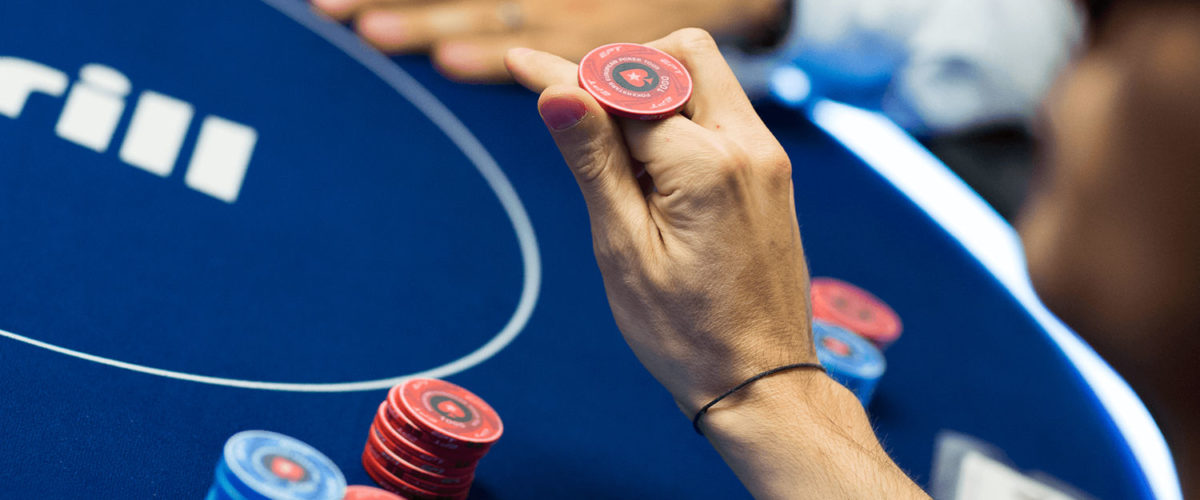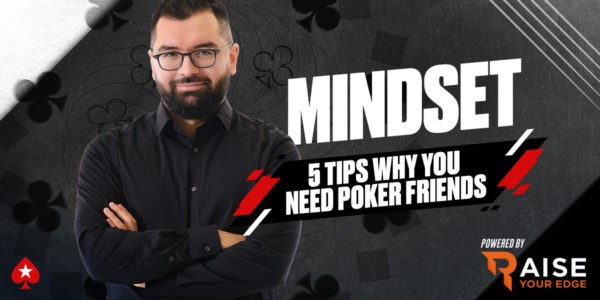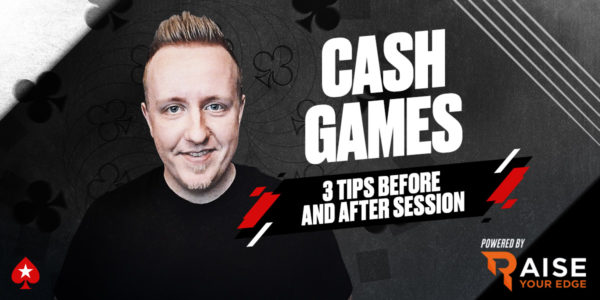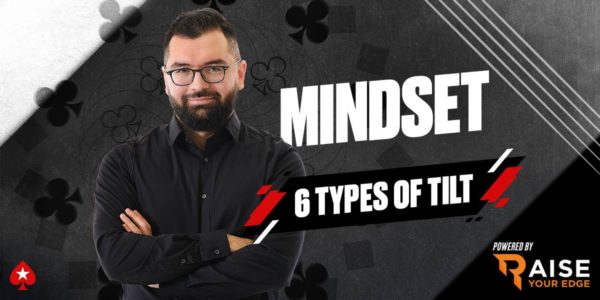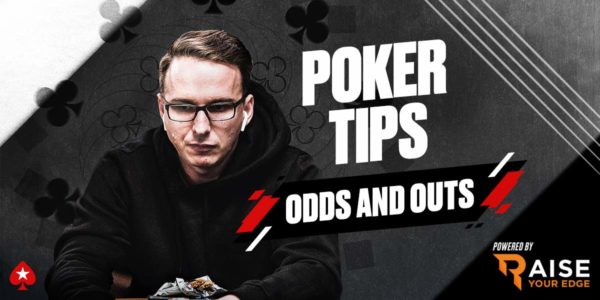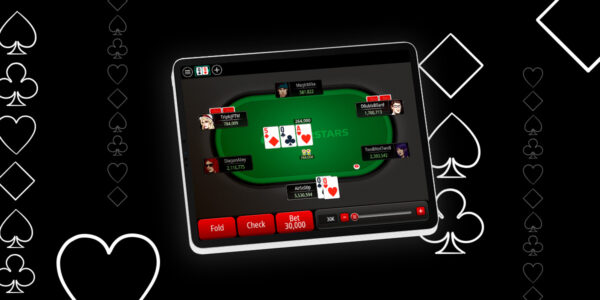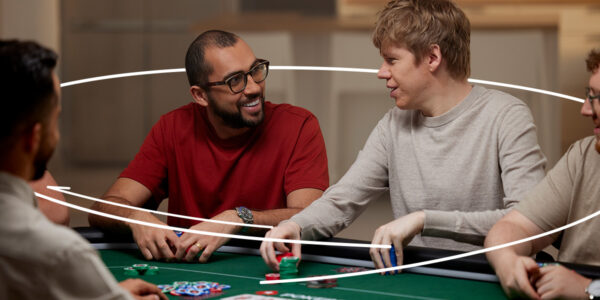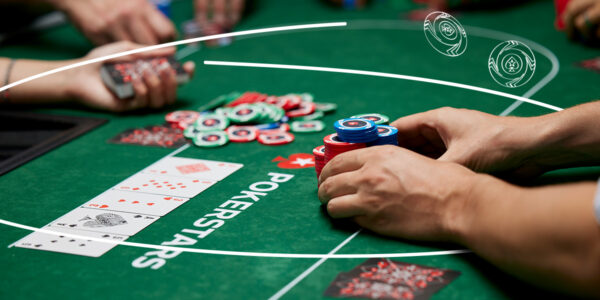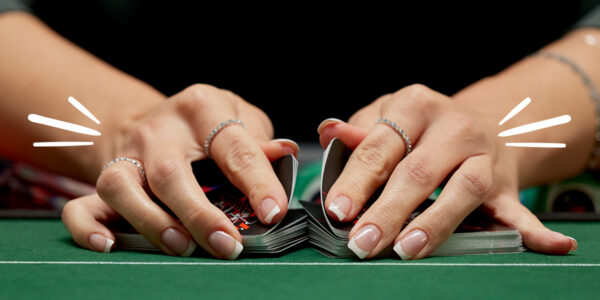Bad Reasons… for Checking
From poor excuse to invest money to finding a whacky reason not to. Today we examine all of the bogus reasons a beginner might check for and explain away the temptation.
Monsters Under the Bed
A very common leak is to check the river back ‘just in case he’s made the flush’. Let’s say that you open in the HJ in a 5NL Zoom game with A♠Q♠ and are called by the BB. The flop is Q♥Q♦4♦ and you bet a third of the pot. Villain calls and the turn is the uneventful 7♣. You bet again, this time increasing your sizing up to three quarters of the pot. This is a good idea since you’re now attacking with a polarized range of mainly Qx and bluffs. You are no longer making many of the thinner value/protection bets you were making on the flop. Villain calls and the river is the 3♦.

Sometimes your opponent has made a flush – this is true. But it is much easier for him to have the last Q with all kinds of other cards or just some pocket pair. Since you are playing in a soft pool full of weak players, it is very important that you bet again with the best possible trips. So many newer players check here because the visual impression of the flush completing is so impactful. Wait for this illusion to pass and then remind yourself of all of the weaker hands that can call you. If you do get raised, it is usually a pretty safe bet to fold this hand at these limits.
I Have Nothing
The automatic checking down of total garbage is one of my pet peeves. As a HJ raiser against a BB caller, It is perfectly defensible to check a flop behind like K♥7♣6♣ with a trash hand like J♠10♠, but by the time this hand has checked down all the way to the river and Villain checks a third time, it is time to bet the Jack high. You got here with a range much stronger than your opponent’s and so you should have very little air remaining that didn’t bluff before now. Your opponent will reach the river will lots of garbage pairs and Ace-high that will scoop this pot from your air-ball every time.
Bet the river. One of the most profitable hands to bet on the river is nothing. Because nothing never wins by checking. There are times when your range is really weak and where you just have too much nothing to always bet with it. This is not one of these spots.
To Trap/Deceive
The temptation to quickly check for deceitful purposes when you make a really big hand is one of the first I try to beat out of my students’ games.
Checking because you fear your opponent might fold is very misguided as it assumes the end goal is to get called at all costs when really it is to make the most money over infinity trials. Checking behind in position with a turned set and going for a modest river bet earns about four times less than betting turn and then betting river. This means that unless the check behind and bet river line gets paid off, four times as often, it is a worse line. There are other complicating factors here, but this is the general idea. You might well deceive your opponent by playing in a tricky/trappy manner, but if this earns you less money then what is the point?
We’ve all cracked up about the guy who checks the nuts twice then suddenly bombs the river. He earns nothing and scores 0/10 for deceit. Most of us avoid being this guy but we also want to avoid being a less extreme version who misses value a bit more subtly.

To Induce
If I had a dollar for every time I heard the words ‘check to induce.’
You have to do a comparison. Sometimes checking to induce is right because the opponent is a maniac and you’re out of position with a hand that can handle it checking through for a street. The problem comes in when students start checking in random situations with strong hands in the vague hope that Villain might bet. When this is done with little to no analysis, we have a bad reason to check.
Against passive opponents; players with capped and middling ranges; ranges containing few air combinations; and on scary cards, betting for value with normally be much better than checking. Of course, when Villain is really trigger happy, we might make an exception to these rules.
Conclusion
Finding bad reasons to check is probably more destructive than finding bad ones to bet. A huge part of your win-rate depends on the ability to get value from weaker players and capitalising on fold equity when you can rarely win at showdown.
Condimentum Nibh
Donec sed odio dui. Cras mattis consectetur purus sit amet fermentum. Vestibulum id ligula porta felis euismod semper. Curabitur blandit tempus porttitor.
